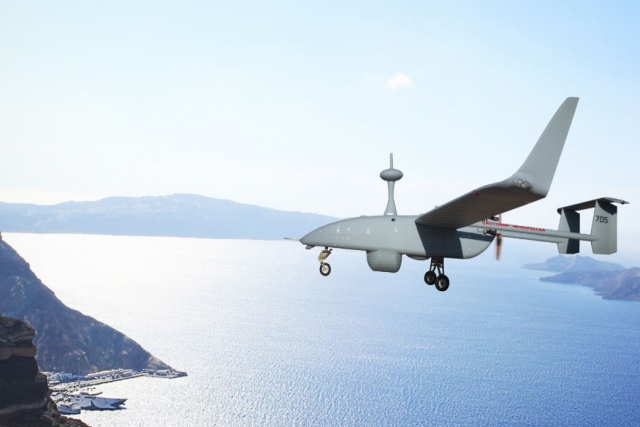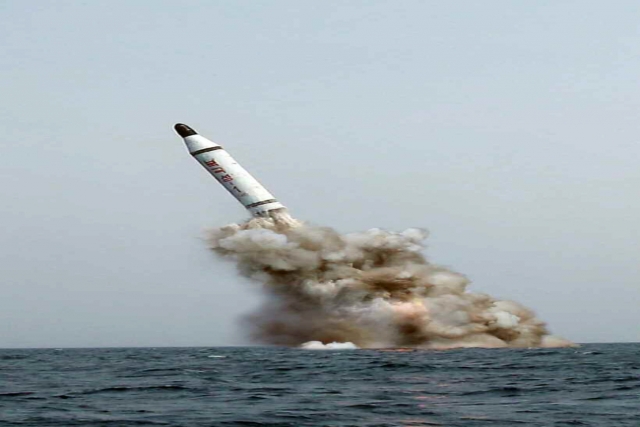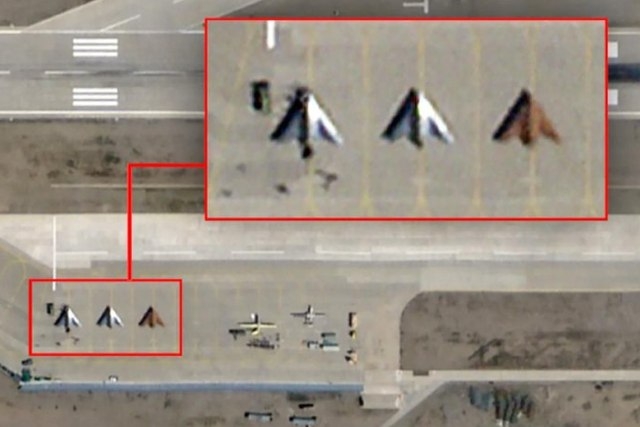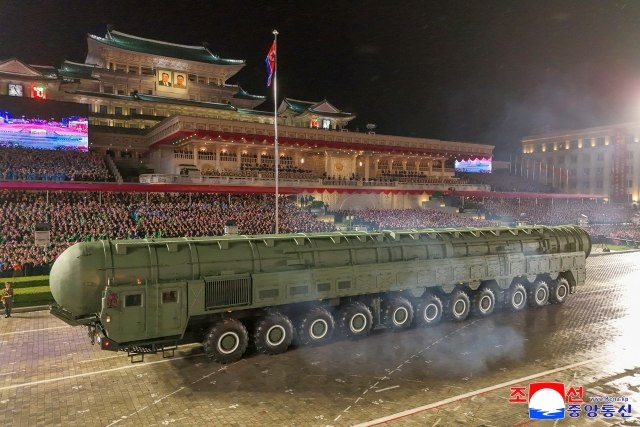Indonesia Seeks Warships to Protect EEZ from Chinese Intrusion
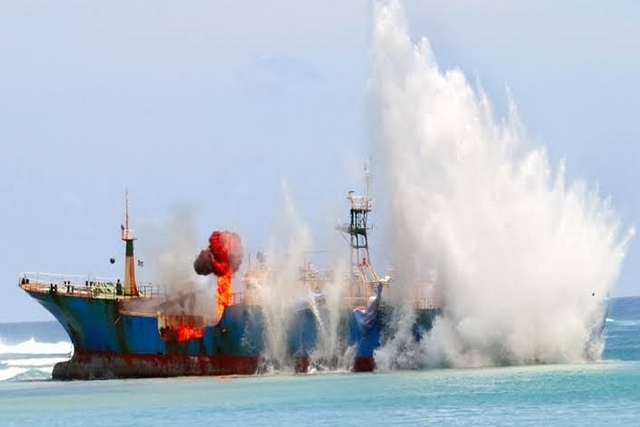
Indonesia has put forward a proposal to buy patrol vessels and frigates to guard its Exclusive Economic Zone (EEZ) after Chinese coast guard vessels escorted tens of Chinese fishing boats to poach on Indonesia's EEZ near the Natuna waters last month.
“The government has agreed to have more patrol vessels to safeguard its territorial waters and EEZ rights from violations by foreign ships. In addition, Defense Minister Prabowo Subianto is willing to purchase 138-140 meter-long frigates,” Luhut Pandjaitan, Coordinating Minister for Maritime Affairs and Investment, said Friday.
The Indonesian Foreign Ministry lodged a diplomatic protest by summoning China's ambassador in Jakarta following Chinese intrusion on December 19 and 24. While Indonesia views this as a violation, Beijing claims of having traditional fishing rights in the North Natuna Sea.
“China’s recent violations need not be exaggerated because Indonesia's capability of conducting regular patrols in its EEZ remains limited,” Pandjaitan said.
He went on to explain that the country’s Maritime Security Agency (Bakamla) was still in a process of being empowered. “Intensifying patrols in Indonesia's EEZ is needed, and the Chinese violations should be taken as a momentum for a self-reflection,” he asserted.
“Negotiation with China regarding the issues of North Natuna Sea is totally unnecessary. The Indonesian government needs also intensify regular patrols in the Natuna waters, protect boats of our fishermen from Chinese coast guard vessels, and enforce law against the violations of foreign vessels,” University of Indonesia's international law expert, Hikmahanto Juwana, was quoted as saying by Antara.
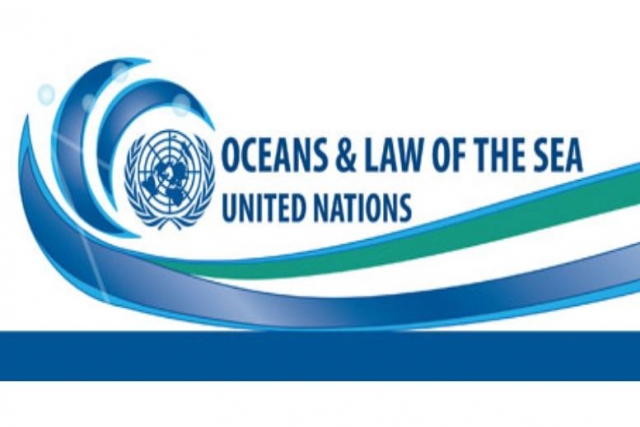
Chinese coast guard vessels have been accused of repeatedly violating Indonesia’s EEZ rights over the past three years. In March 2016, Indonesian Foreign Minister Retno L.P. Marsudi had lodged a protest with the Chinese Charge d'affaires in Jakarta Sun Weide over Chinese coast guard violations in the Indonesian waters. “As part of sound state relations, each country must respect the principles of international law, including the UN Convention on the Law of the Sea (UNCLOS) in 1982,” Marsudi stressed.
The UNCLOS rule book defines the rights and responsibilities of nations with respect to their use of the world's oceans, establishing guidelines for businesses, the environment, and the management of marine natural resources. A country’s EEZ (where it can claim fishing, mining and drilling rights) can stretch upto 200 miles out to the sea. In cases where maritime distance between two countries is less than 424 miles, the parties involved must determine an agreed dividing line between their EEZs.
